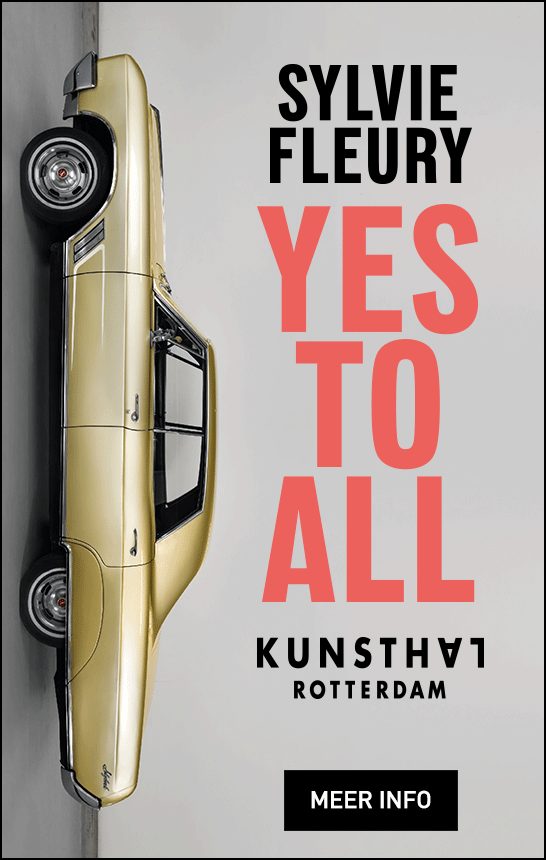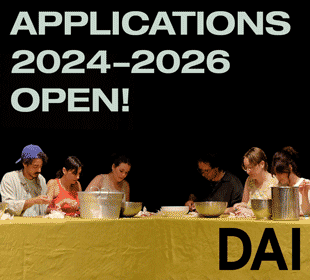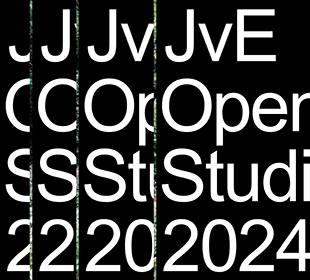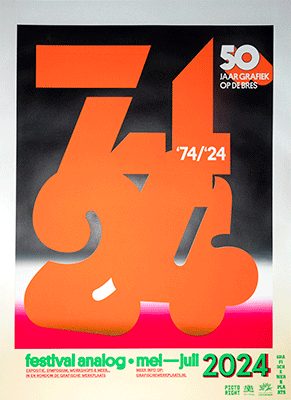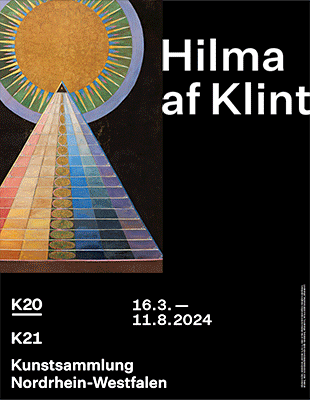Yvette Mutumba on Why Decolonizing Institutions ‘Has to Hurt’
Frieze-editor Pablo Larios speaks with the Stedelijk Museum’s newly appointed curator-at-large Yvette Mutumba about institutional accountability.
Mutumba: ‘When I spoke on the phone with the Stedelijk’s director, Rein Wolfs, he told me that he wanted ’two people from different situations in Europe who can look with a distant view at the institution.’ He added, ‘it’s not only about the exhibition programme, but about research and acquisition. I want my staff to be in discussion with Yvette and Adam, and I also want to be corrected by them.‘
Mutumba: ‘Decolonization means transparency from the institutional side. This includes re-centring. This includes giving up power and re-distributing resources. This includes listening instead of talking. But careful here, as political scientist Nikita Dhawan has put it: ‘Just because somebody speaks it does not mean that they are listened to.’ This includes no – mostly uncompensated – brain-drain of BIPoC. This includes stepping back and making space. This includes creating safe spaces.Decolonization means changing structures as much as building new structures. Very important here: it also means focusing on ourselves (BIPoC), our interests, thoughts and sensitivities without constantly considering what is not done, not acknowledged and not created.’
Mutumba: ‘The museum has a responsibility towards the local context of Amsterdam and the Netherlands as well as an international context. Modern and contemporary art is, of course, as much global as local. Even though it is obvious, let’s put it out there again: the Dutch amassed their wealth by building a colonial empire. These abusive global connections made them rich enough to build institutions like the Stedelijk. It really is time to pay back. This includes acknowledging these connections and long-ignored narratives.’
More on frieze.com
